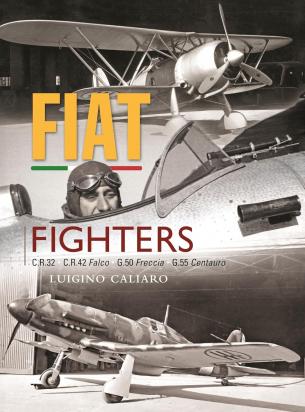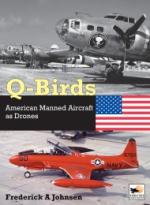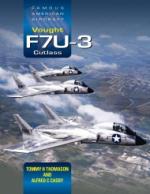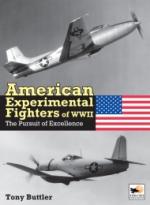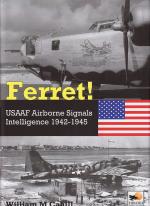This is the second volume in Luigino Caliaro's trilogy on the main Italian fighter types to see service in the Second World War. This book focuses on the fighter designs that emanated from the Turin-based Fiat company. The author describes the long and illustrious history of Fiat and introduces the early biplane designs of the gifted engineer, Celestino Rosatelli, before dealing with four of Fiat's most successful and acclaimed aircraft.
Constructed of fabric-covered light alloy, the CR.32 biplane was one of the most outstanding fighters of the late 1930s. Besides flying with the Regia Aeronautica in the Spanish Civil War, it also saw service with the air forces of China, Austria, Hungary, Paraguay and Venezuela. The CR.42 Falco, Rosatelli's evolution of the CR.32, became the last single-seat biplane fighter to be built by the belligerent nations of the Second World War and it was also exported to several other nations, including Belgium and Sweden, as well as the Luftwaffe. The CR.42 saw service in the Mediterranean and North Africa, the Balkans and Iraq, and there was a nightfighter variant. In terms of monoplane fighters, the radial-engined G.50 Freccia, designed by Giuseppe Gabrielli, became the first Italian all-metal, single-seat fighter with a retractable undercarriage. It saw wide deployment in Spain, the Balkans, the Aegean and North Africa, while machines also went to Finland and Croatia. The G.55 Centauro, powered in its ultimate variant by the RA.1050 R.C.58 Tifone liquid-cooled engine, which was a license-built version of the German DB 605A-1, equipped both the Regia Aeronautica and the Aviazione Nazionale Repubblicana (ANR).
Drawing on company documents and reports from military archives, the book explores the design, development and operational career of each type, as well as production, prototypes, technical aspects and much else. The volume is illustrated throughout with hundreds of rare and fascinating photographs.
